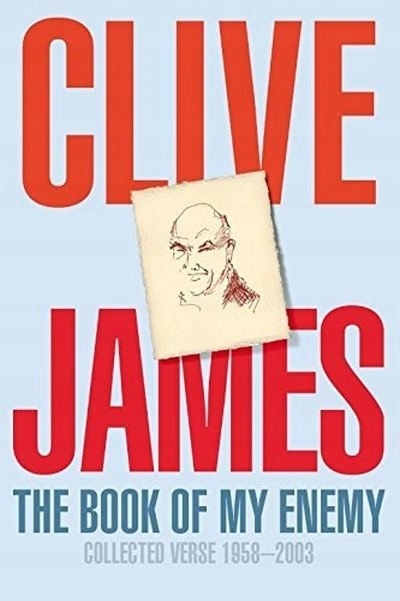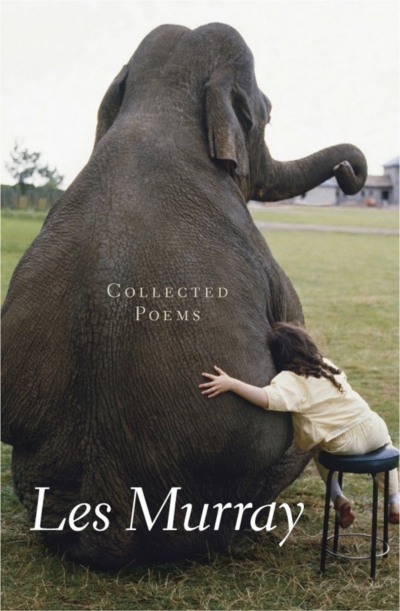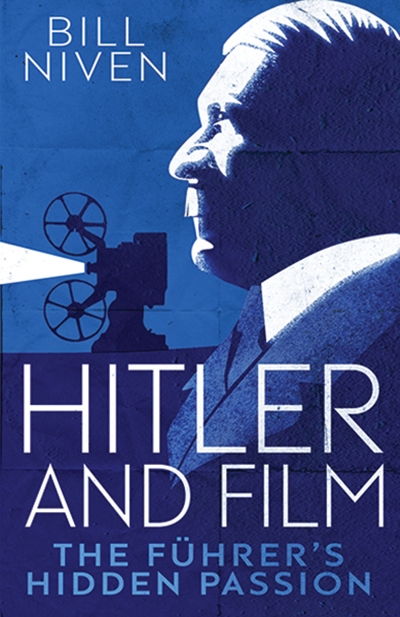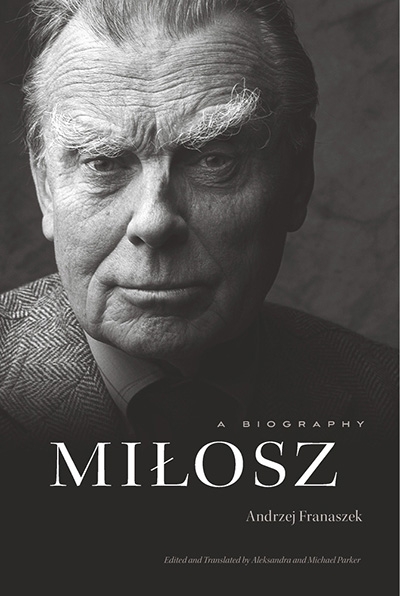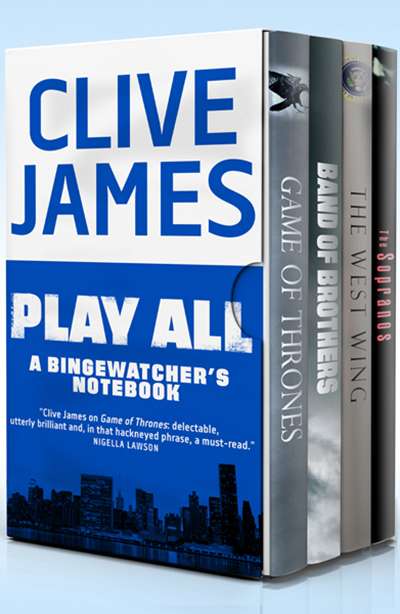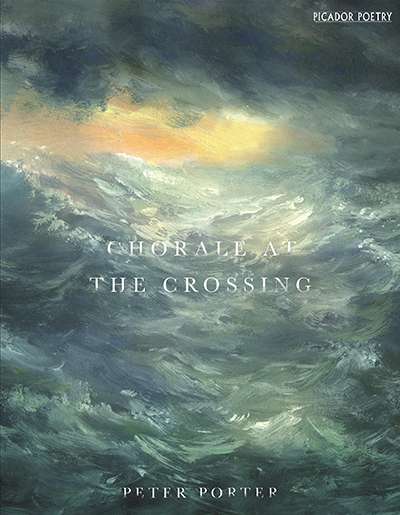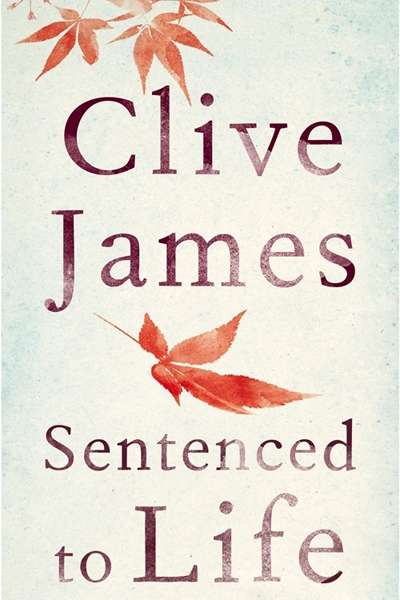Peter Goldsworthy

Peter Goldsworthy divides his time equally between writing and medicine. He has won literary awards across many genres – poetry, the short story, the novel, and in theatre. His most recent book is the poetry collection Anatomy of a Metaphor (2017).
A seven-hundred-page Collected Poems? The cover photograph of the Big Bloke himself is an embodiment of what’s inside in all its sprawling abundance. As is his surname, which can’t help but invoke our country’s big river, whether in full flood, or slow trickle, or slow spreading billabongs.
The first Les Murray poem I read was more a chain of ponds: the long sequence Walking to the Cattle P ... (read more)
History is written by the Oscar winners in our time, which makes the responsibilities of serious historical scholarship never more important. Despite its realist pretensions – it looks as real as life – film is a dreamy, poetic medium, too often prone to simplicity, conspiracy theory, sucking up to the Zeitgeist – and, above all, not letting messy facts spoil a ripping story.
Hitler won no ... (read more)
Steve Brock began writing in the shadow of the New York school, but in ‘dreaming with Ted Berrigan’ – ‘I can’t remember if he said anything’ – might be saying goodbye to those earlier cool dudes and already anticipating the more variable temperature of South American poetry. He has spent a lot of time in Chile especially, and has translated extensively from the Spanish. Of course, La ... (read more)
About halfway through this thick biography of the Nobel Prize-winning poet Czesław Miłosz (and halfway through the century of horrors that his life experiences uncannily track and are witness to) came a passage that stopped me dead.
In the spring of 1943, on a beautiful quiet night, a country night in the outskirts of Warsaw, standing on the balcony, we could hear screaming from the ghetto. The ... (read more)
‘You might ask how a man who spent his days with the major poems of Browning could wish to spend his evenings with the minor movies of Chow Yun-fat,’ Clive James asks, rhetorically, in Play All: A bingewatcher’s notebook, then provides a near-tautological answer: ‘It’s a duplex need buried deep in my neural network.’ In mine, too, although my love of screen trash comes from childhood d ... (read more)
Peter Porter's posthumous collection of poems, Chorale at the Crossing, is preoccupied, understandably, with death – but death was a central preoccupation of his work from the beginning. How could it not be? He lost his mother at the age of nine.
Porter's two Collected Poems (1983 and 1999) were – are – stupendous, exuberant treasure-houses of riches, but death is the dark stitching. Death ... (read more)
I sometimes think that poetry sits in relation to the great empire of the Novel as precariously as early Christianity in the Roman Empire: small groups of devotees gathering in catacombs to perform their sacred rites. OK, the stakes are not as high (the odd literary lion notwithstanding) and things have changed a little in recent years (new media platforms, performance-based and multi-media readin ... (read more)
Clive James’s series of memoirs began in 1980 with the Unreliable one. Thirty-five years and four more very funny books later, the Five Lives of Clive have been rounded with a sixth: a slim volume of poems. It is probably also the most reliable, as if, paradoxically, James took more poetic licence when working in prose. The prevailing tone is a long way from the hilarious self-deprecation of the ... (read more)
‘Who do you think you are?’ an eminent paediatrician once thundered at me across a child’s cot during his weekly grand ward round. ‘Anton Chekhov?’
I was a lowly medical student; my white student-smock had a small front pocket meant for my doctoring tools; mine contained, a little ostentatiously, a book of poems instead. I had failed to answer a question correctly. His Eminence plucked ... (read more)

